The Ministry of Education and Training (MOET) is seeking comments on the draft Resolution of the National Assembly on exempting tuition fees for preschool children, secondary school students, high school students and not having to pay tuition fees for primary school students in public educational institutions.
Creating equity in education
The Ministry of Education and Training said that according to current regulations, primary school students, 5-year-old preschool children, and secondary school students are exempt from tuition fees.
According to the conclusion of the Politburo in Official Dispatch 13594-CV/VPTW, the Ministry of Education and Training will add the subjects exempted from tuition fees to include children and preschool students under 5 years old studying at educational institutions; high school students and high school culture students studying at educational institutions.
According to the Ministry of Education and Training, such a regulation is consistent with the 2013 Constitution: Primary education is compulsory, the state does not collect tuition fees. Decree 81/2021/ND-CP stipulates that primary school students studying at public schools do not have to pay tuition fees; students studying at private schools in areas without enough public schools are supported by the state with the same tuition fees as students studying at public schools.
Tuition-free policy only makes sense when the quality of education is increasingly improved.
Statistics for the 2023-2024 school year show that the country has 23.2 million students (of which 21.5 million are public students, accounting for 93%; 1.7 million are non-public students, accounting for 7%). The number of students by level of education includes: 4.8 million preschool children (3.8 million public; 1 million non-public); 8.8 million primary school students; 6.5 million secondary school students; 2.99 million high school students.
Based on the minimum tuition fees prescribed in Decree 81 and Decree 97/2023 (amending and supplementing a number of articles of Decree 81), the Ministry of Education and Training calculates that the total state budget expenditure required to exempt tuition fees for preschool children, public primary school students and support tuition fees for preschool children and non-public primary school students is around 30,000 billion VND. The budget level to be guaranteed will depend on the specific tuition fees of each province/city under the Central Government under the authority of the Provincial People's Council, based on the floor and ceiling tuition fees prescribed by the Government. The total state budget for exempting (not collecting) tuition fees for 5-year-old preschool children, primary school students, and secondary school students from the 2025-2026 school year is 22,500 billion VND.
Thus, the additional state budget when implementing the policy according to the National Assembly Resolution is 8,200 billion VND.
Minister of Education and Training Nguyen Kim Son said that this decision of the Politburo and the Government has a great impact, not only on the education sector but also on the whole society. Not only does it help reduce difficulties for parents, it also creates fairness in education, facilitating the universalization of education. This is also a condition for the education and training sector to continue to innovate and improve the quality of education.
Director of the Department of Education and Training of Son La province Nguyen Huy Hoang said that the tuition exemption policy not only helps reduce the financial burden on parents but also contributes to reducing the rate of students dropping out of school, especially in mountainous provinces and remote areas.
Public school pressure
Exempting tuition fees will increase the advantage of the public education system, but also increase pressure on students when taking the 10th grade entrance exam.
The principal of a high school in Cau Giay District, Hanoi analyzed: When tuition fees are exempted, parents will tend to send their children to public schools to take advantage of this policy. This will lead to an increase in class sizes, teacher overload, and impact on the quality of teaching and learning.
Exemption from tuition fees will also affect the distribution of students after junior high school. Because when they go to high school and tuition fees are also exempted, students will still want to continue studying at public schools. "Public schools already have many advantages, now with the added advantage of tuition exemption, there will be more pressure" - this principal commented.
Sharing the same view, Dr. Dang Tu An, former Director of the Department of Primary Education - Ministry of Education and Training, said that when tuition fees are exempted, in addition to more children going to public schools, it will also attract a number of children who are studying in non-public schools to transfer. This is a big challenge when there is a shortage of public schools and teaching conditions need to be improved.
Therefore, to go along with humane policies, in the coming time, the state needs to continue to invest more in educational facilities so that education can continue to develop, creating momentum for the whole country to enter a new era of the nation.
Need for consistent improvements
Associate Professor Bui Hoai Son, a full-time delegate at the National Assembly’s Committee on Culture and Society, said that free tuition is a big step forward but it is only the starting point. What is more important is how to improve the quality of education, so that each child not only goes to school but also studies in a good environment, with guaranteed learning conditions and a truly meaningful curriculum.
Without comprehensive improvements in facilities, teachers and curriculum, we could face classroom overcrowding, teacher stress and a decline in teaching quality.
"Investment in facilities is indispensable. As the number of students increases, the school system needs to be expanded and upgraded to meet the demand. In particular, rural and mountainous areas - where there are many limitations - need more attention. A school is not only a place to study but also an inspiring space, where students feel safe, comfortable and have the conditions to develop comprehensively" - Mr. Bui Hoai Son emphasized.
In addition, according to Associate Professor Bui Hoai Son, the teaching staff is the key factor determining the quality of education. Improving the remuneration system, reducing administrative pressure and creating conditions for teachers to be trained and access advanced teaching methods are extremely necessary. When teachers are motivated and passionate, they will inspire and arouse the love of learning in students.
Associate Professor BUI HOAI SON, full-time delegate at the National Assembly's Committee on Culture and Society:
Join hands to improve the quality of education
A tuition-free policy is only truly meaningful when accompanied by a serious mechanism for monitoring and evaluating the quality of education. Not only the government but also parents and society need to participate in this process.
When everyone works together to build a better educational environment, when the quality of education is improved in parallel with free tuition, this policy will truly become an important turning point, not only helping every child to go to school but also ensuring that they have a brighter future.
Associate Professor PHAM TAT DONG, advisor to Vietnam Association for Promoting Education:
Controlling "surcharge" overcharging
Along with exempting tuition fees, it is necessary to strictly control the collection of "extra fees" at schools. In many places, this is the large amount of money that parents have to contribute.
"Additional fees" at schools are not a new problem. At the beginning of every school year, there are still cases of overcharging in localities. On social networks, parents still take pictures of long lists of fees collected in addition to tuition fees, amounting to millions, even nearly ten million VND per semester. The collection of fees in addition to tuition fees can be done in the name of the parent-teacher association, and parents who do not volunteer are also mobilized. Many people, to avoid affecting their children, "close their eyes" and pay the full amount.
Therefore, the education and training sector needs to strictly manage and severely punish overcharging at educational institutions to avoid unnecessary pressure on parents.
Source: https://nld.com.vn/mien-hoc-phi-di-doi-voi-nang-chat-luong-dao-tao-196250413214603034.htm


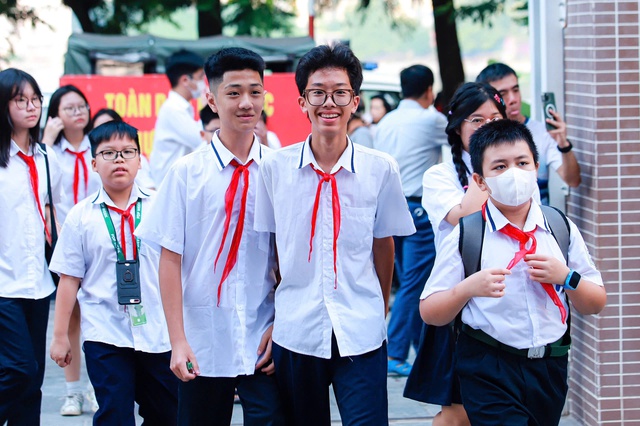
![[Photo] General Secretary To Lam receives French Ambassador to Vietnam Olivier Brochet](https://vstatic.vietnam.vn/vietnam/resource/IMAGE/2025/4/17/49224f0f12e84b66a73b17eb251f7278)

![[Photo] National Assembly Chairman Tran Thanh Man meets with outstanding workers in the oil and gas industry](https://vstatic.vietnam.vn/vietnam/resource/IMAGE/2025/4/17/1d0de4026b75434ab34279624db7ee4a)
![[Photo] Closing of the 4th Summit of the Partnership for Green Growth and the Global Goals](https://vstatic.vietnam.vn/vietnam/resource/IMAGE/2025/4/17/c0a0df9852c84e58be0a8b939189c85a)
![[Photo] Nhan Dan Newspaper announces the project "Love Vietnam so much"](https://vstatic.vietnam.vn/vietnam/resource/IMAGE/2025/4/17/362f882012d3432783fc92fab1b3e980)
![[Photo] Promoting friendship, solidarity and cooperation between the armies and people of the two countries](https://vstatic.vietnam.vn/vietnam/resource/IMAGE/2025/4/17/0c4d087864f14092aed77252590b6bae)
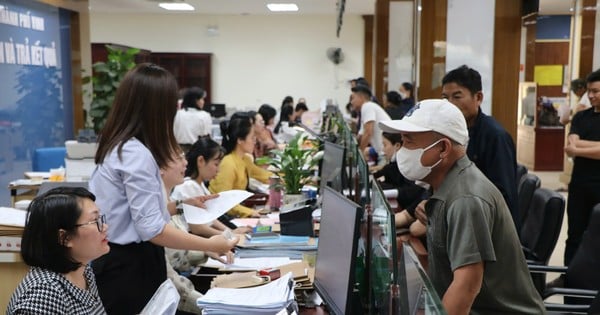
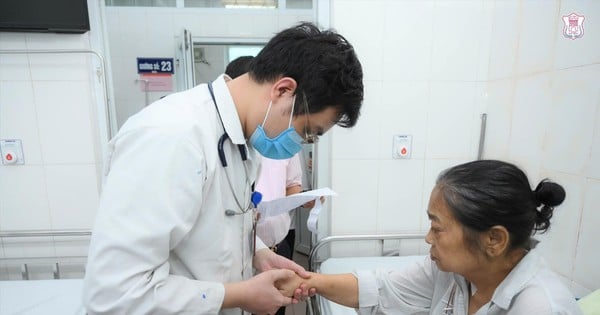
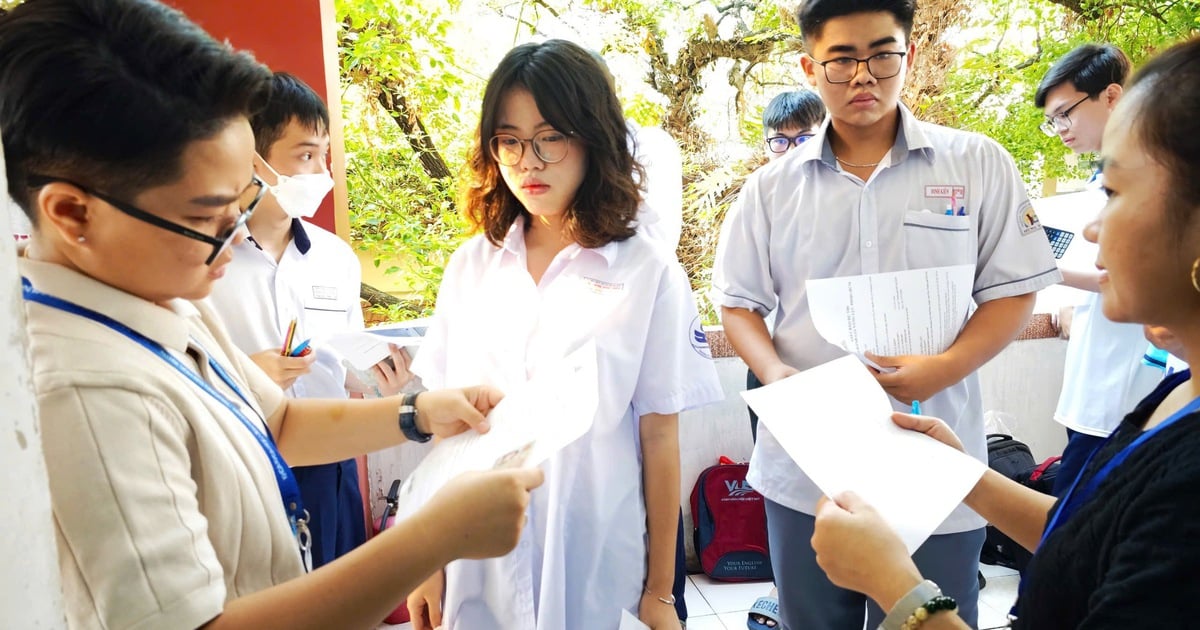
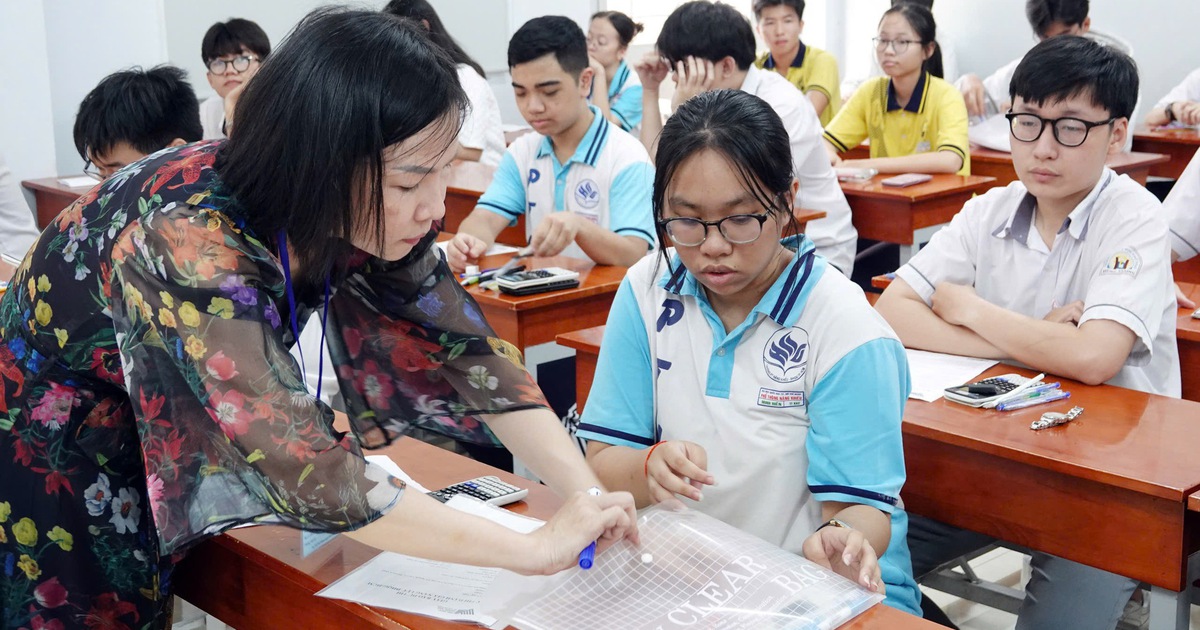

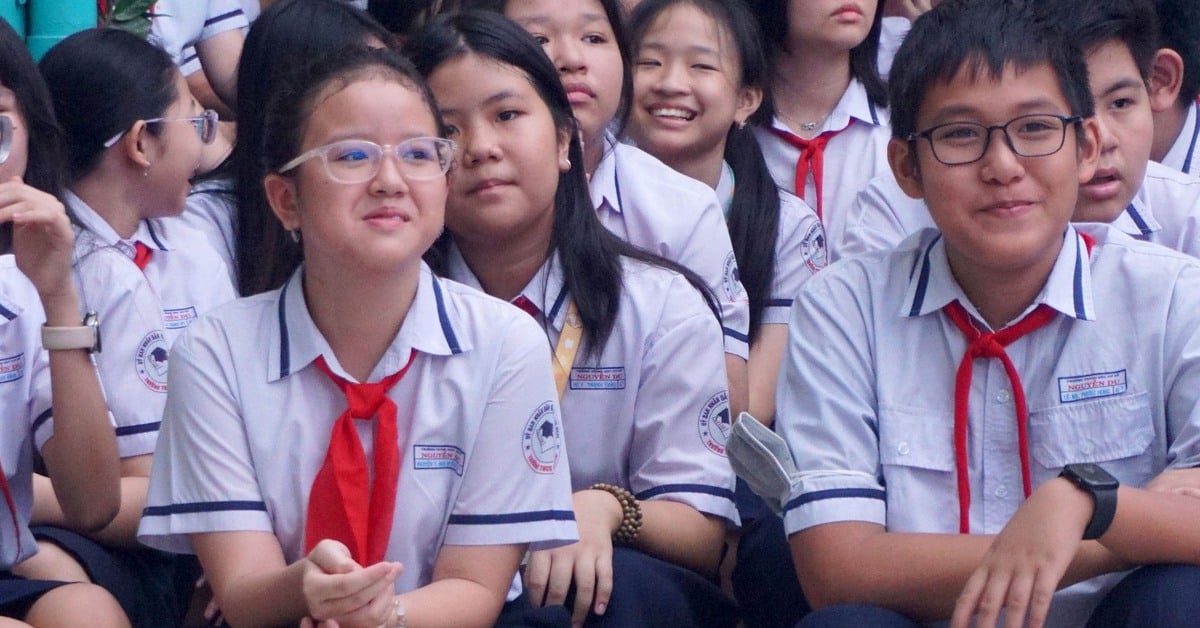





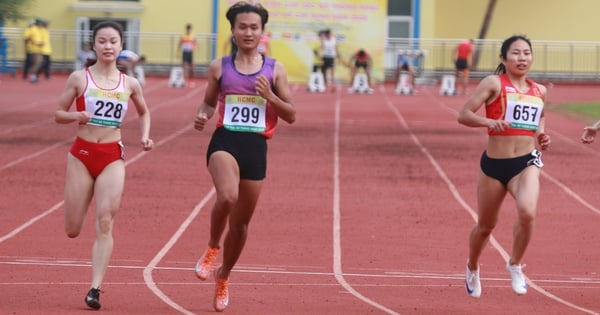




![[Photo] Welcoming ceremony for Chinese Defense Minister and delegation for friendship exchange](https://vstatic.vietnam.vn/vietnam/resource/IMAGE/2025/4/17/fadd533046594e5cacbb28de4c4d5655)




























![[Video] Viettel officially puts into operation the largest submarine optical cable line in Vietnam](https://vstatic.vietnam.vn/vietnam/resource/IMAGE/2025/4/17/f19008c6010c4a538cc422cb791ca0a1)




















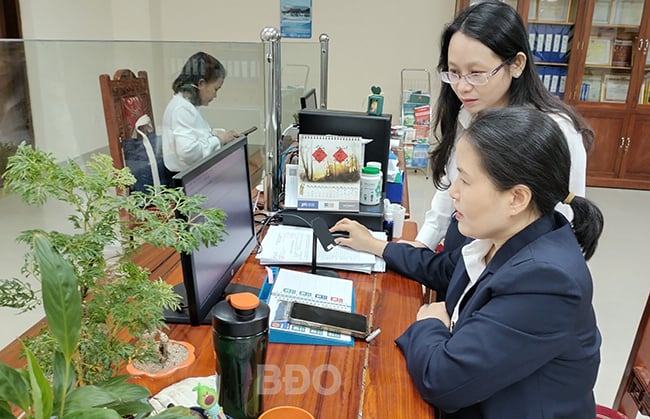




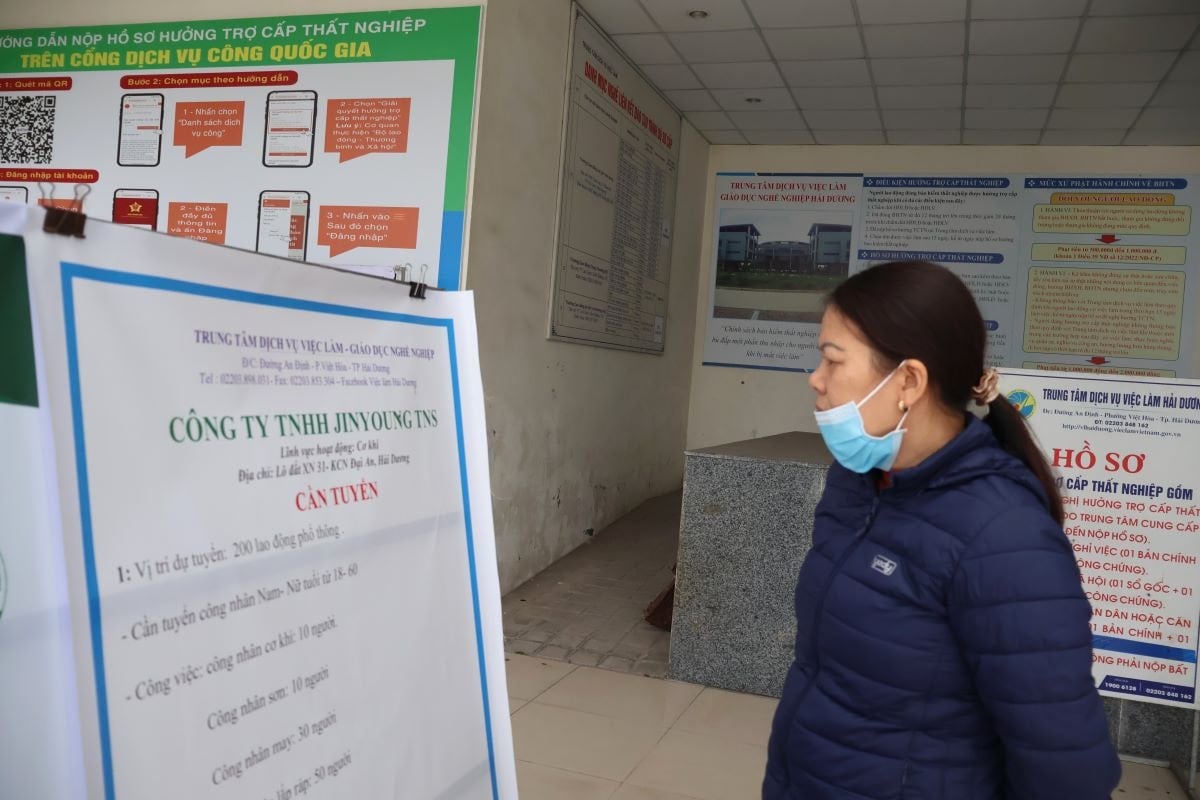

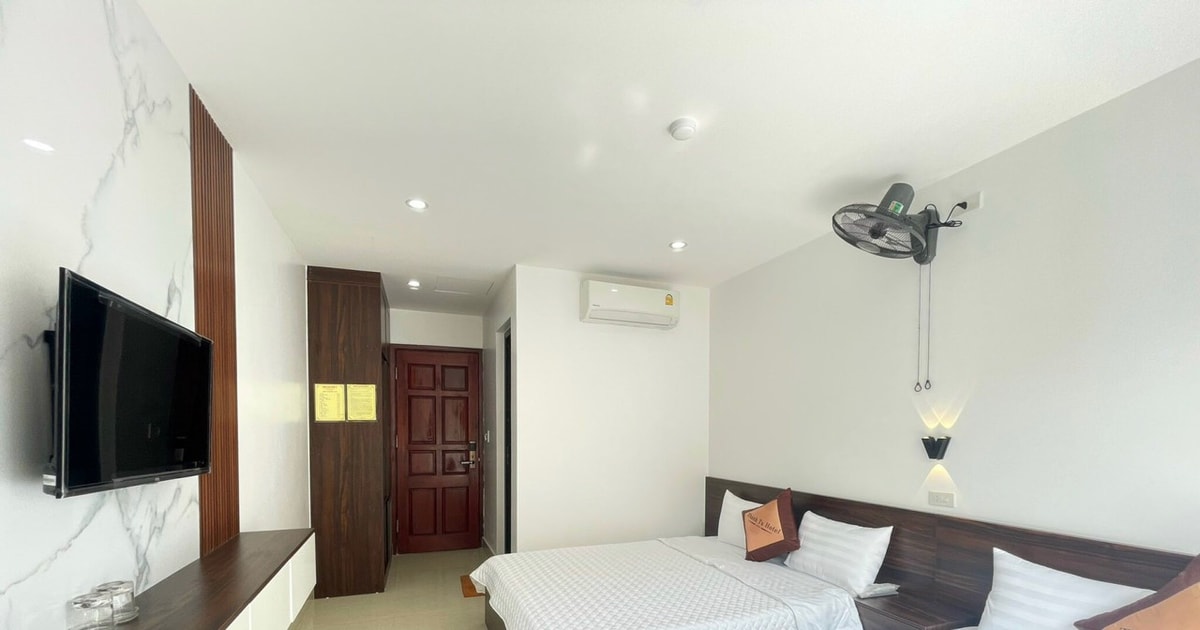









Comment (0)